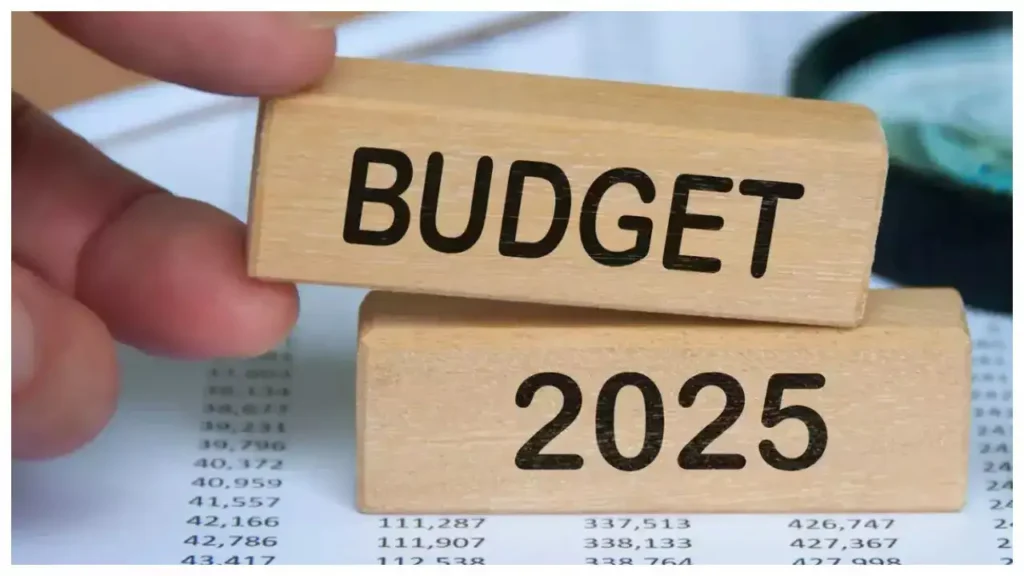The government of India has revolutionized its strategy towards hospitality and tourism through transformative budget allocations and policy changes in Union Budget 2025. The ₹20,000 crore boost embodies both financial dedication and national development strategy to establish India as a prime global tourism destination and generate long-term job opportunities across the country.

Historic ₹20,000 Crore Allocation: A Challenge-Based Approach
The monetary tourism package worth ₹20,000 crore announced by Finance Minister Nirmala Sitharaman operates through a new “challenge mode” system to build fifty premium tourist locations throughout India. The competitive framework promotes state governments to participate actively through the following commitments:
The Tourism Ministry received exemplary budget growth from ₹850.36 crore to ₹2,541.06 crore for the 2025-26 financial year. The additional funds will be used to develop marketing strategies and ensure tourist security measures as well as establish digital systems and promote sustainable initiatives.
Industry Status: The Game-Changing Recognition
One of the most anticipated reforms is the potential granting of “industry status” to hospitality at the national level. Currently limited to select states, this recognition would :
- Standardize operations across the country
- Lower financing costs for hotel projects
- Attract significant private investment
- Create a more stable regulatory environment
“Granting infrastructure status to all hotel projects across India will facilitate access to funding, streamline licensing, and promote sustainable business growth,” notes K. Syama Raju, President of FHRAI, highlighting the transformative potential of this long-pending demand.
Also check;- Maulik Hospitality Presents: Maulik Mansion Resort, Jim Corbett – A Luxurious Haven of Serenity & Elegance
GST Reforms: Simplifying the Complex
The budget addresses the hospitality sector’s persistent challenges with the Goods and Services Tax (GST) structure. Industry experts have proposed
- A simplified two-tier GST system
- Restoration of Input Tax Credit (ITC) on construction and operating costs
- GST rates of 12% on rooms up to ₹10,000 and 18% above that threshold
- Delinking restaurant GST from hotel room tariffs
The competitiveness of Indian travel destinations for international visitors will improve when accommodation GST rates are reduced and ITC is reinstated, according to Rajesh Magow, who serves as MakeMyTrip’s Co-founder & CEO.
Skill Development: Building a World-Class Workforce
Recognizing that tourism excellence depends on service quality, the budget introduces intensive skill development programs focusing on:
- Hotel and restaurant services
- Tour operations and management
- Wellness and eco-tourism expertise
- Heritage and cultural curation
These programs establish job opportunities for targeted areas that lack conventional employment options in semi-urban and rural territories. The government develops specific competencies for each site that match tourist attractions; therefore, they want to enhance tourism experiences while creating enduring local economic opportunities.
The State’s Responsibility: Will They Rise to the Challenge?
State government participation remains the key deciding factor behind achieving success in this vast tourism vision. The states of Odisha, Bihar and the Northeastern region, along with their newly improved air transportation access, will receive maximum advantages from this tourism push.
The process of acquiring land for tourism development presents major difficulties, which are complicated by bureaucratic procedures alongside local community resistance. Through the challenge-based model, states receive benefits when they show their preparedness and creative approaches to solve existing hurdles.
Sustainability: The New Industry Cornerstone
The budget of the current year prioritizes eco-friendly practices by offering incentives to tourism development that embraces environmental consciousness. Sustainability exists as both an ethical necessity and a business advantage due to its adoption of frameworks including green buildings and EV infrastructure and solar energy adoption and water conservation practices.
The hospitality sector requires government support for sustainability to become its foundational principle, according to Rajat Sethi, who leads both Raffles and Fairmont Jaipur as General Manager,” he remarked about the industry’s emerging environmental responsibility.
A New Future Awaits the Tourism Industry
India stands at a crucial time to challenge other world powerhouses in tourism as Union Budget 2025 approaches. The combination of infrastructure growth with regulatory reforms and skill development and sustainability initiatives establishes a comprehensive development plan for the hospitality industry, including the travel sector and food and beverage businesses.
These successfully executed measures will transform India’s tourism industry by generating millions of jobs while safeguarding cultural heritage and natural resources to establish India as an international tourism destination for all types of visitors.

